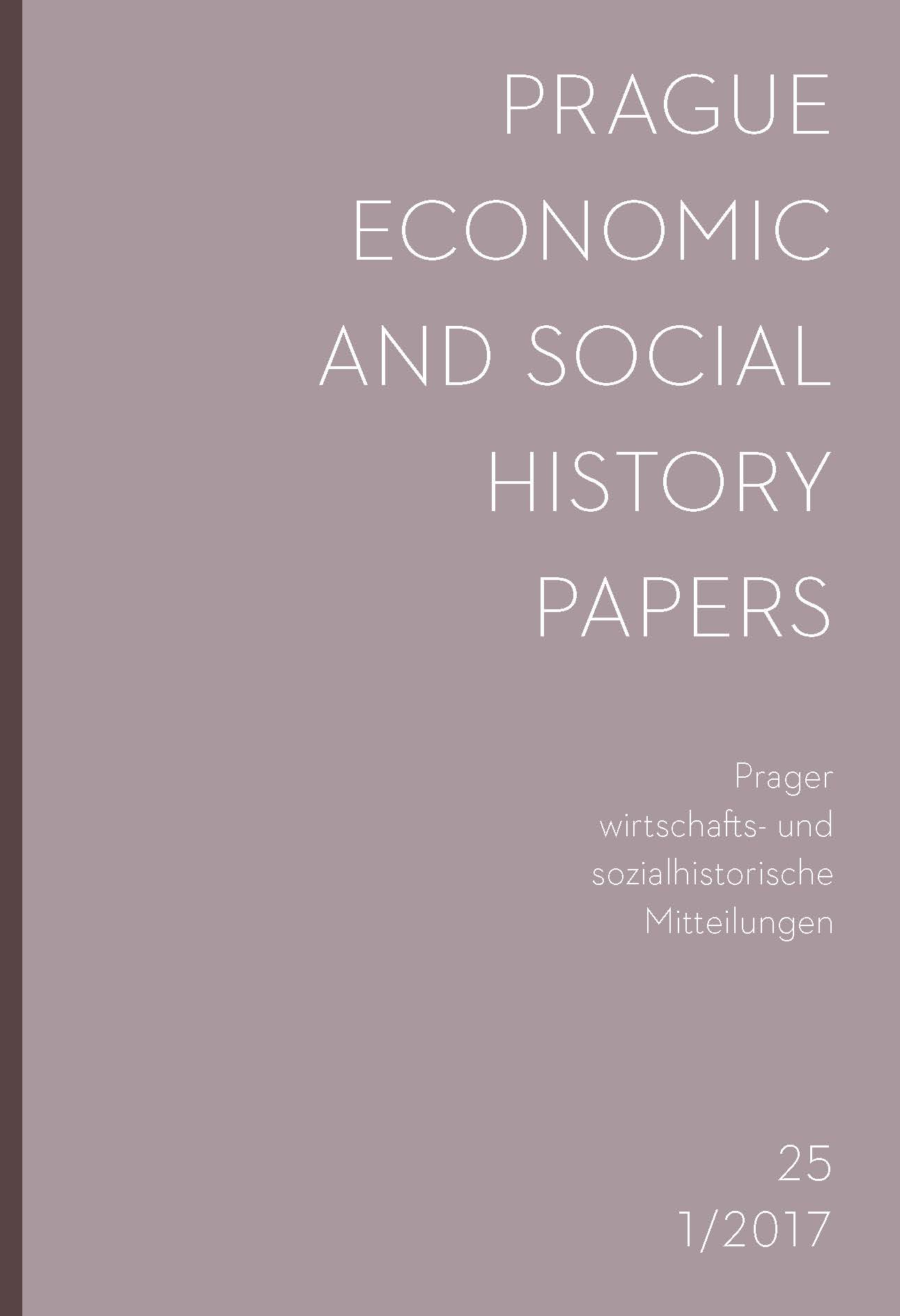Anfänge der Liberalisierung des Eisenbahngüterverkehrs in Tschechien
Beginning of the Liberalization of Rail Freight Traffic in the Czech Republic
Author(s): Radim JečnýSubject(s): Economic history, Transport / Logistics
Published by: Univerzita Karlova v Praze - Filozofická fakulta, Vydavatelství
Keywords: Railway; Rail Freight Transport; The Czech Republik; 20th Century;
Summary/Abstract: The subject of this study is a historical analysis of the newest history of rail freight transportation in the Czech Republic, starting from the establishment of independent Czech Railways in 1993 to the opening of freight transportation to international competition after joining the EU in 2005. This period is characteristic for certain basic changes in more than 150 years long history of railways transport. It is significant for the detachment of railroads from the actual conveyance of trains and for the opening of rail market to other carriers and thus setting the competition to the market. These changes took place throughout period of deep restructuring of Czech industrial and energetic business environment, finding railways totally unprepared. The opening part of this study is reflecting the first known reform models in Europe — Britain and Germany — which were followed by the legal regulations of European Community. Their role was to raise the attractiveness of the railway transportation due to the market liberalization. Despite the formal opening of the Czech railroads to other carriers already in 1994 the state company Czech Railways possessed far enough strength to block potential competition. Therefore, the first external competition recruited from the existing big business partners of the Czech Railways, i.e. OKD Transport and Unipetrol Transport. Both companies owned trains, wagons and could facilitate large siding tracks areas. Besides mentioned, they disposed of enormous bargaining power which enabled them to be competitors to Czech Railways just as partners. Similar way, thanks to the construction contracts on railways, the company Viamont emerged. The author pays special attention to the openings of international crossings. Here, in this sector, the Czech Railways managed to hold monopoly until 2005. Liberalization of the railway market and its opening to competition lasted for more than 10 years. Throughout this period the Czech government tried repeatedly to reform even the state owned railway companies. Nevertheless, these reforms were very cautious and gentle, primarily due to the strong position of unions which blocked any major changes. Even though the state Czech Railways, or rather the CD Cargo could hold dominant market position after 2005, the market managed to become fully competitive and comparable to other EU markets according to the level of liberalization.
Journal: Prague Economic and Social History Papers
- Issue Year: 2017
- Issue No: 1 (25)
- Page Range: 37-58
- Page Count: 22
- Language: German

